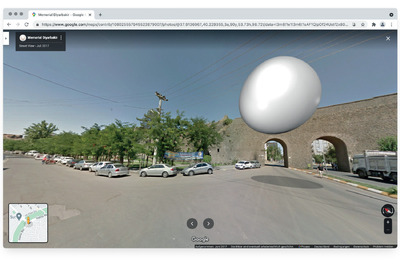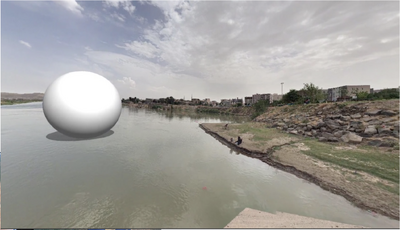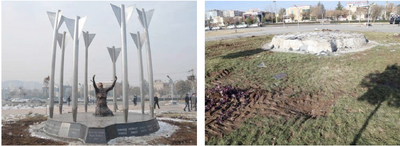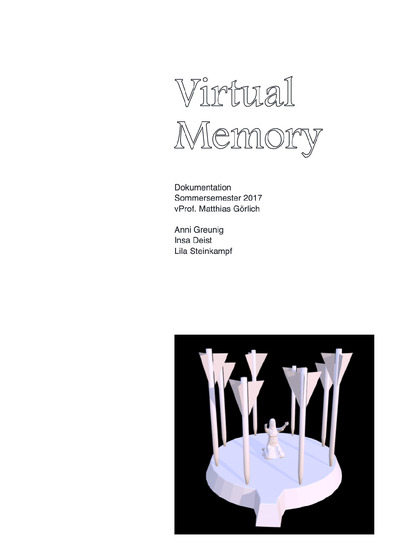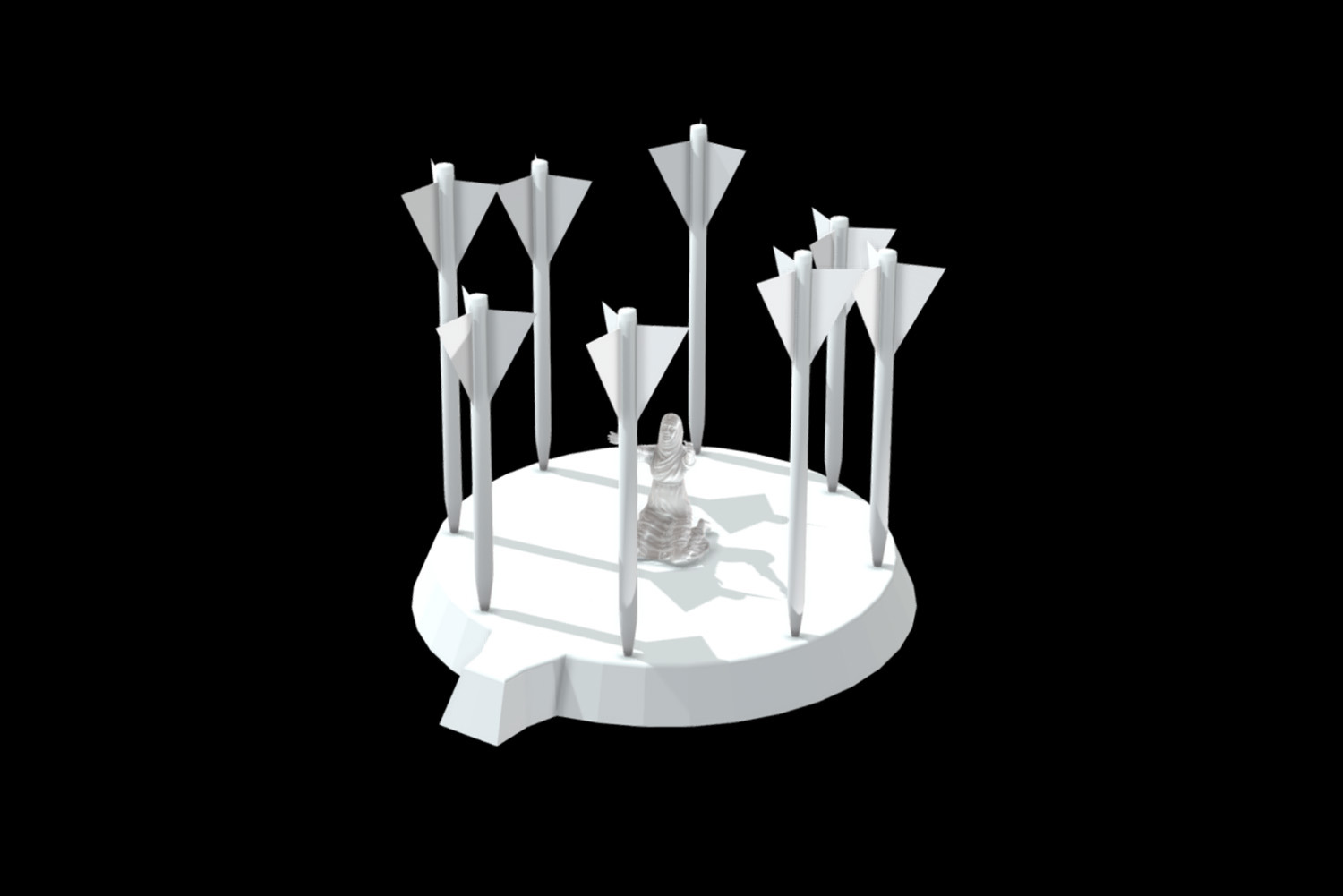
ASPECTS
human rights, memorial
TEAM
Insa Deist, Anna Meïra Greunig, Lila Steinkampf
YEAR
2017
ABTRACT
The destruction of the Roboski monument, erected in 2013 in Diyarbakır, Anatolia to commemorate 34 civilians of Kurdish origin who were victims of a deliberate air strike by the Turkish military in December 2011, is seen as symptomatic of a policy of repression against the Kurdish population.
The Turkish-Kurdish conflict is deep-rooted and ongoing. Kemalist ideology, a cornerstone of the modern Turkish nation-state strives for a homogenous state and for assimilation, respectively non-recognition of the culture of the Kurdish population. Kurds have been resisting state-driven violence and oppression continuously. There is a range of Kurdish monuments which have been forcefully removed by the Turkish government. Several more cases of military attacks, repression and human rights violations are not even being memorised in public space.
LINKS
FILES

